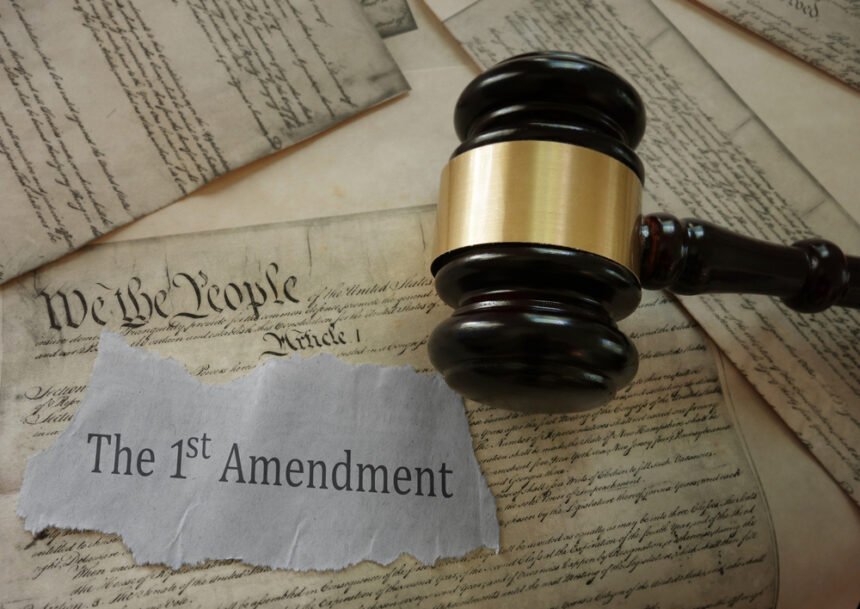A cornerstone of American democracy is the First Amendment to the United States Constitution, which was passed in 1791 as part of the Bill of Rights. It safeguards constitutional rights including free expression, religion, the press, peaceful assembly, and petitioning the government.
The First Amendment has been interpreted and applied in many ways throughout the years, reflecting the changing social, political, and technical climate of the United States. In this article, we will explore the background of the First Amendment, analyze its development via seminal legal decisions, and consider its continuing importance today.
Historical Context
The Founding Fathers’ dedication to individual liberty and their experiences living under British authority gave rise to the First Amendment. The colonists fought for the ability to voice dissident thoughts and criticize the government without fear of retaliation because they felt these rights to be inherent to all people.
The amendment’s authors understood the importance of safeguarding a free and open marketplace of ideas to maintain a healthy democracy.
Early Interpretation and Expansion
The limits and boundaries of the First Amendment were up for debate in its early years. Debates concerning the proper balance between free speech and national security were ignited by the Sedition Act of 1798, which made it illegal to criticize the government.
However, the “actual malice” threshold for defamation of public people was established in major instances like New York Times Co. v. Sullivan (1964), which widened free speech safeguards.
Religious Freedom and Establishment Clause
The First Amendment’s protections for religious freedom and against governmental establishment of religion have also developed through time.
The Establishment Clause, which seeks to bar government sponsorship or promotion of religion, has been molded by the Supreme Court’s rulings in cases like Engel v. Vitale (1962) and Lemon v. Kurtzman (1971).
Freedom of the Press and New Media
When it comes to bringing the government to account and keeping the people informed, the press is indispensable. New problems surfaced as technology progressed.
The limits of press freedom have been litigated in seminal instances such as New York Times Co. v. United States (1971) and Citizens United v. Federal Election Commission (2010).
New concerns about the obligations and constraints of online venues have arisen with the proliferation of digital media and social networks.
Modern Interpretations
The First Amendment is being tested in unprecedented ways in the contemporary world. Discussions concerning free speech’s boundaries have been sparked by the spread of hate speech, cyberbullying, and false information.
The border between free speech and incitement to violence or damage remains a contentious issue in the courts.



